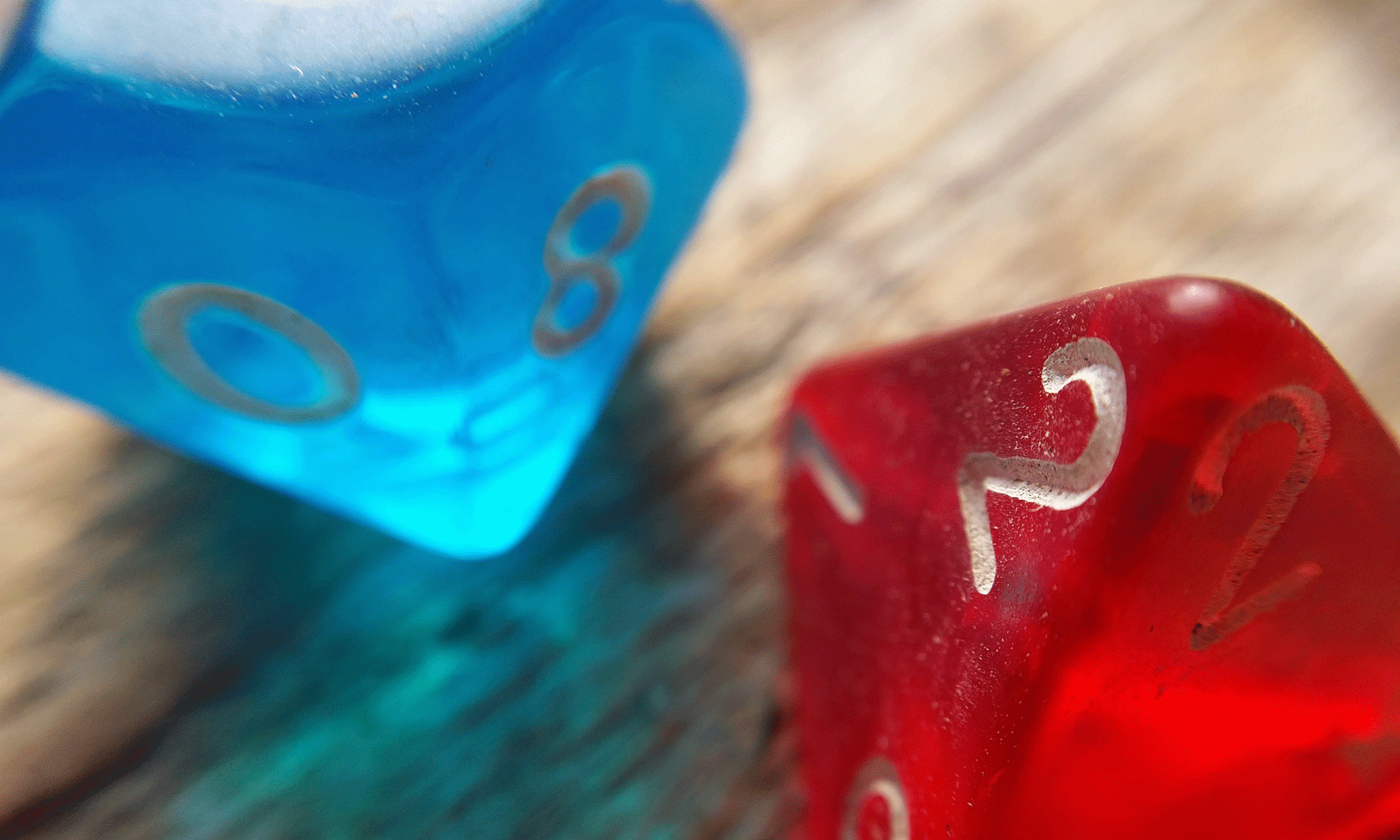This template is for your run-of-the-mill, average thug, whether a faceless member of the town guard or a band of highwaymen. To provide a little variation, we offer several randomised customisation options. Throw in two thugs per able-bodied, fighting player character (and more if they are highly skilled and experienced characters).
To create a more experienced thug, combine two customisations. For a very experienced thug, combine three or four.
| Presence 7, Physique 10, Psyche 6, Potential 8, Technology 3 Appearance 15, Charisma 10, Authority 17 Agility 15, Strength 17 Intelligence 11, Memory 9, Discipline 11 Power 13, Control 15 Operation 12, Construction 8 | # 5, MS 3% AR -2, DMG +2 HP 40, PP n/a DEF (76) 76/76/76 Luck 5 ALT 50% INTU 32% |
Skills of note: Brawling (41%), Coolness (33%), Weapon of choice (41%), Weapon, secondary choice (28%).
Give me four customisations for thugs!
Night Blind. All penalties on fighting and operating in the dark are doubled because the character cannot see. If her race normally has night vision or a similar ability, the character only has the night vision normal to humans.
Club (Dmg d6+2, penalty 6), Rune of Sharpness
Dagger (Dmg d3, penalty 2)
Knuckles (Dmg 5, penalty 1), Rune of the Warrior. Character is immune to illusionary spells.
To generate another combination of four thugs, simply refresh the page.
Last updated January 28, 2024.
